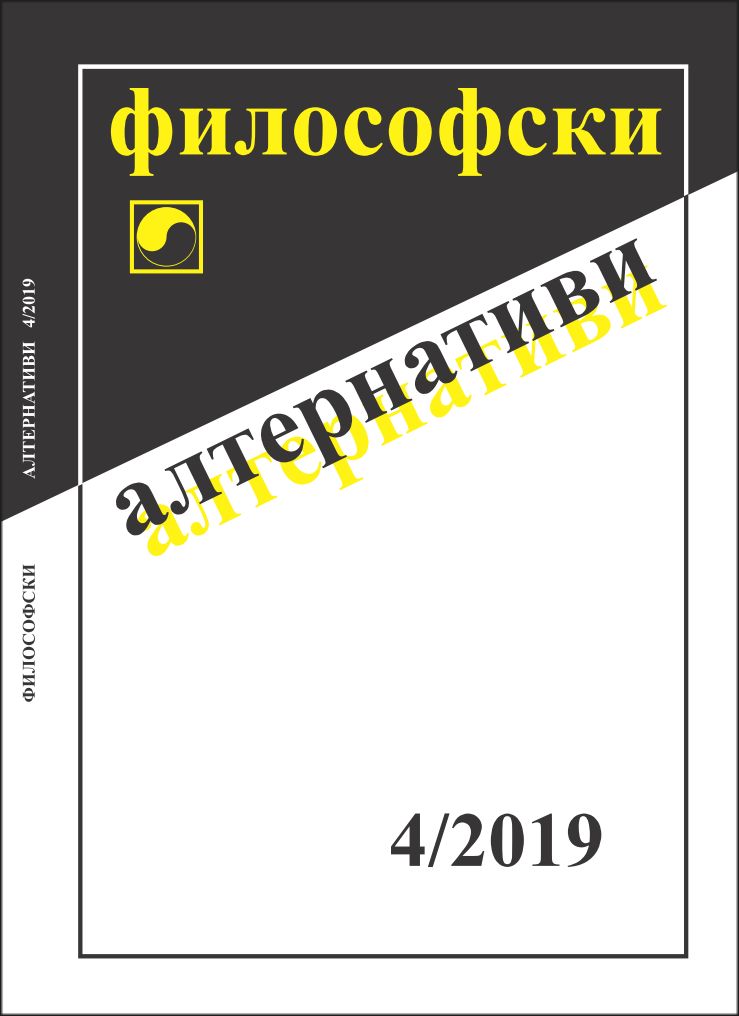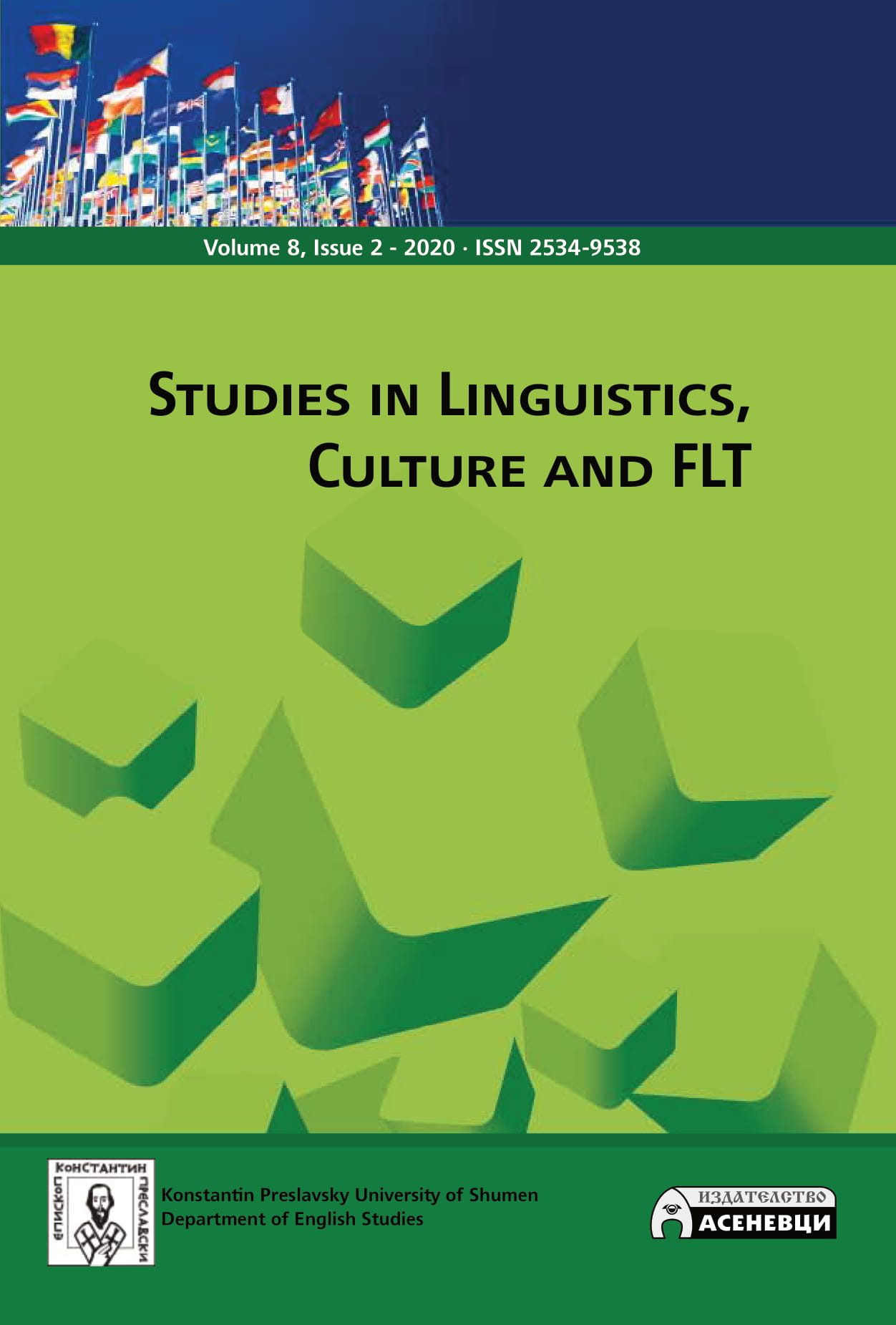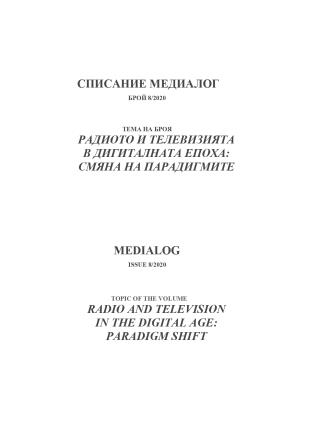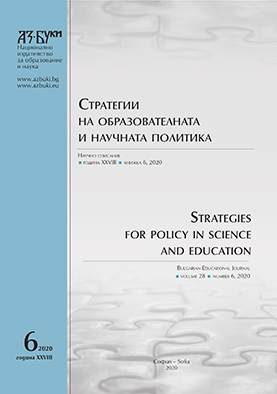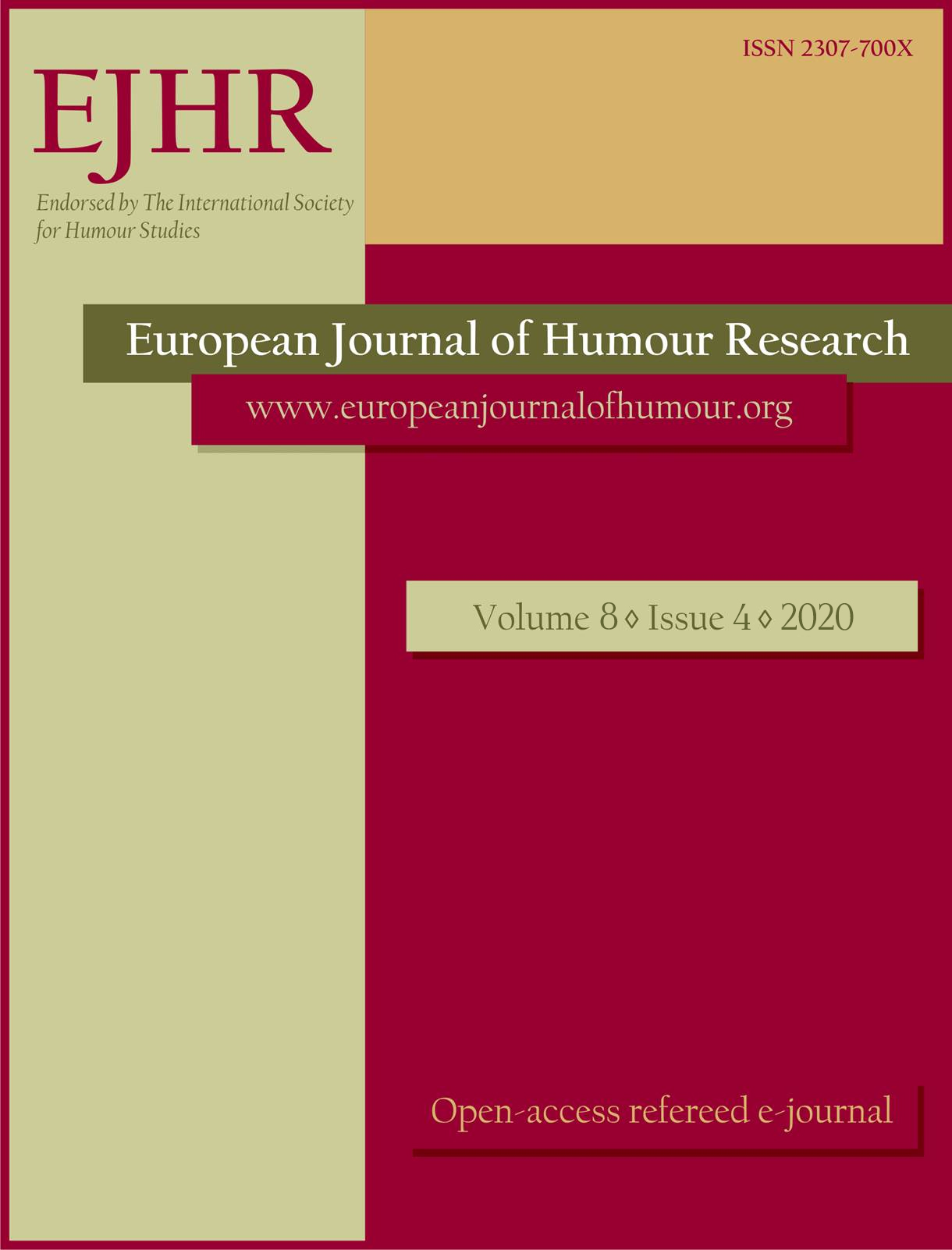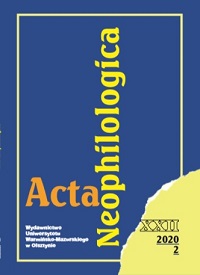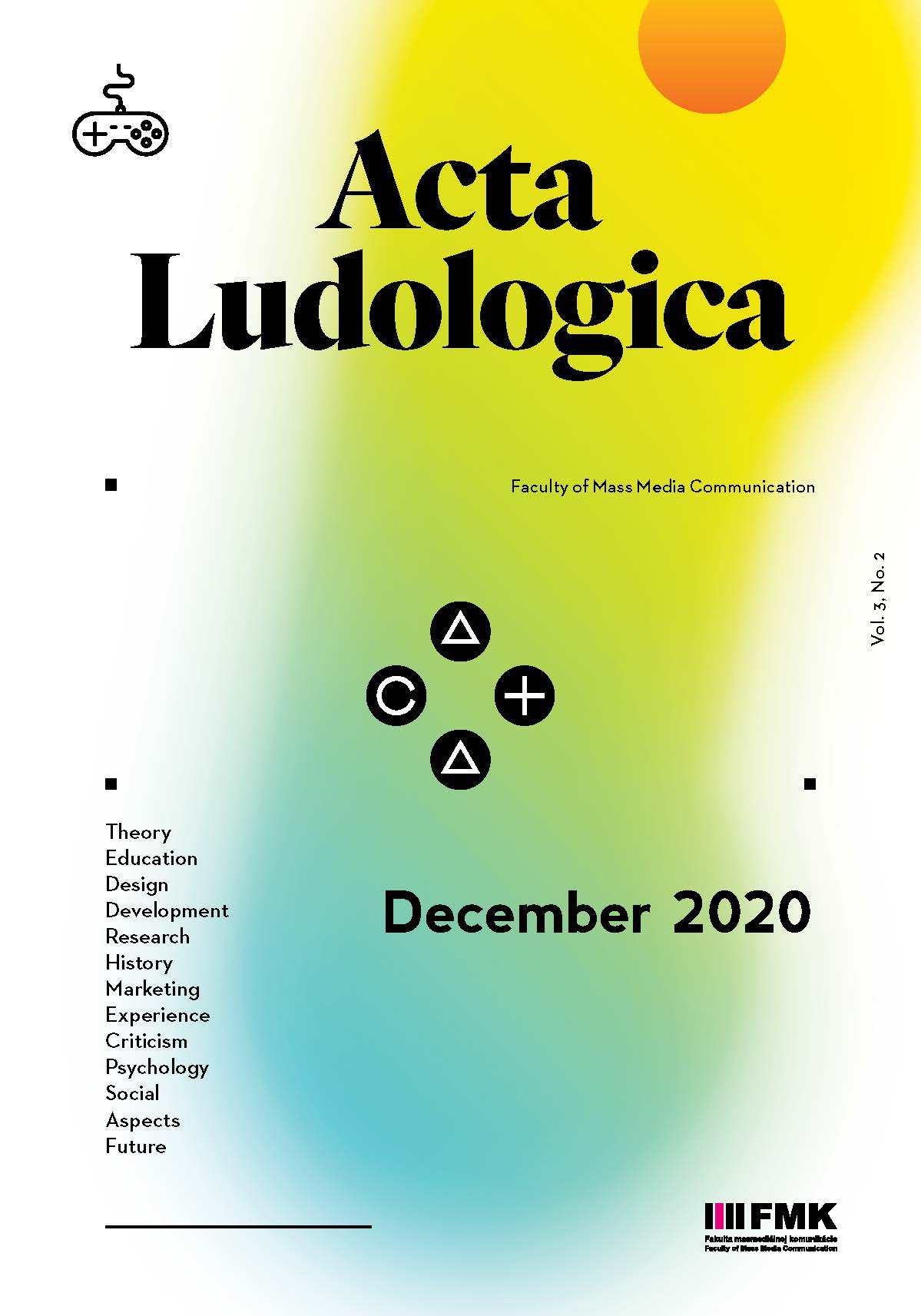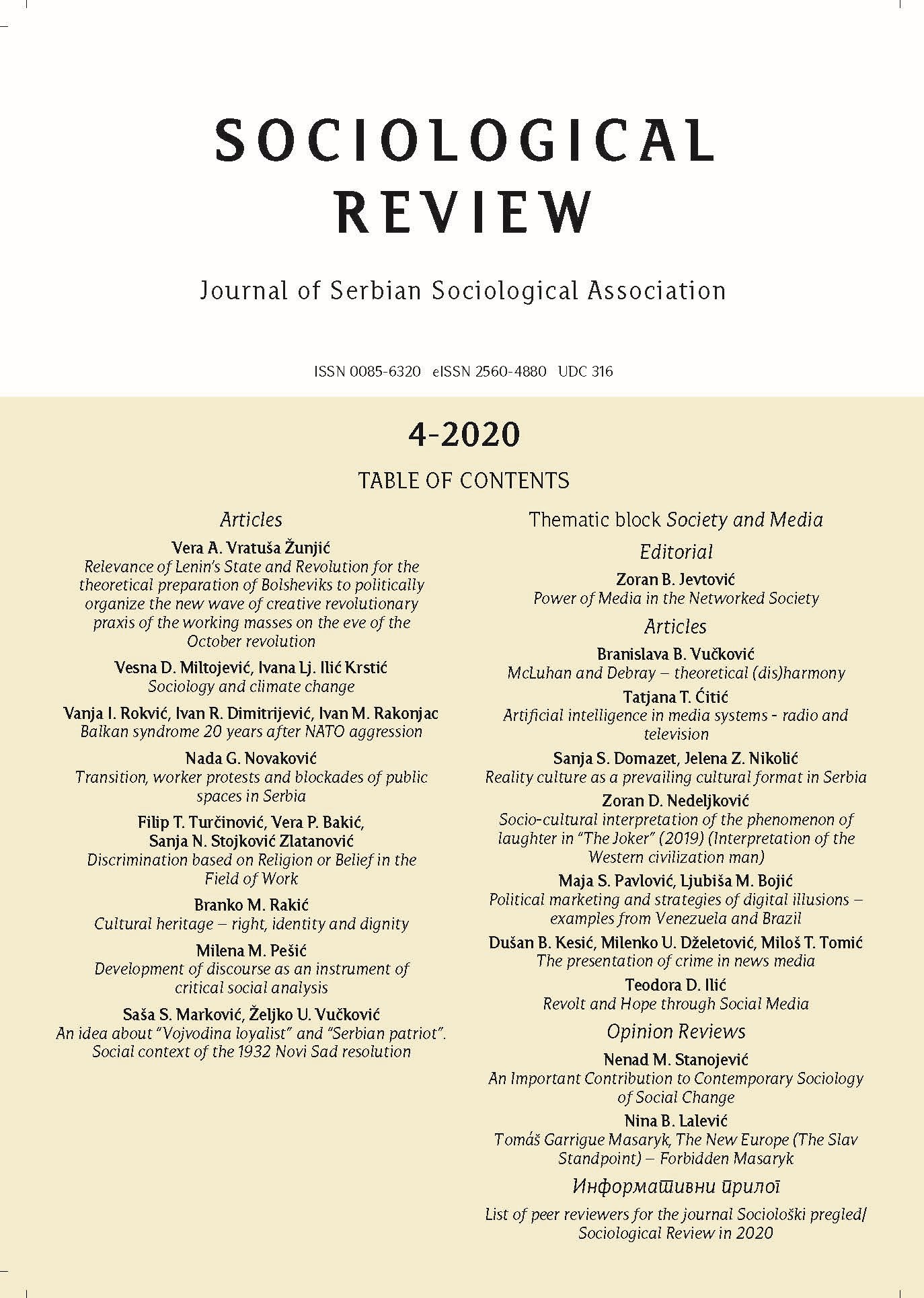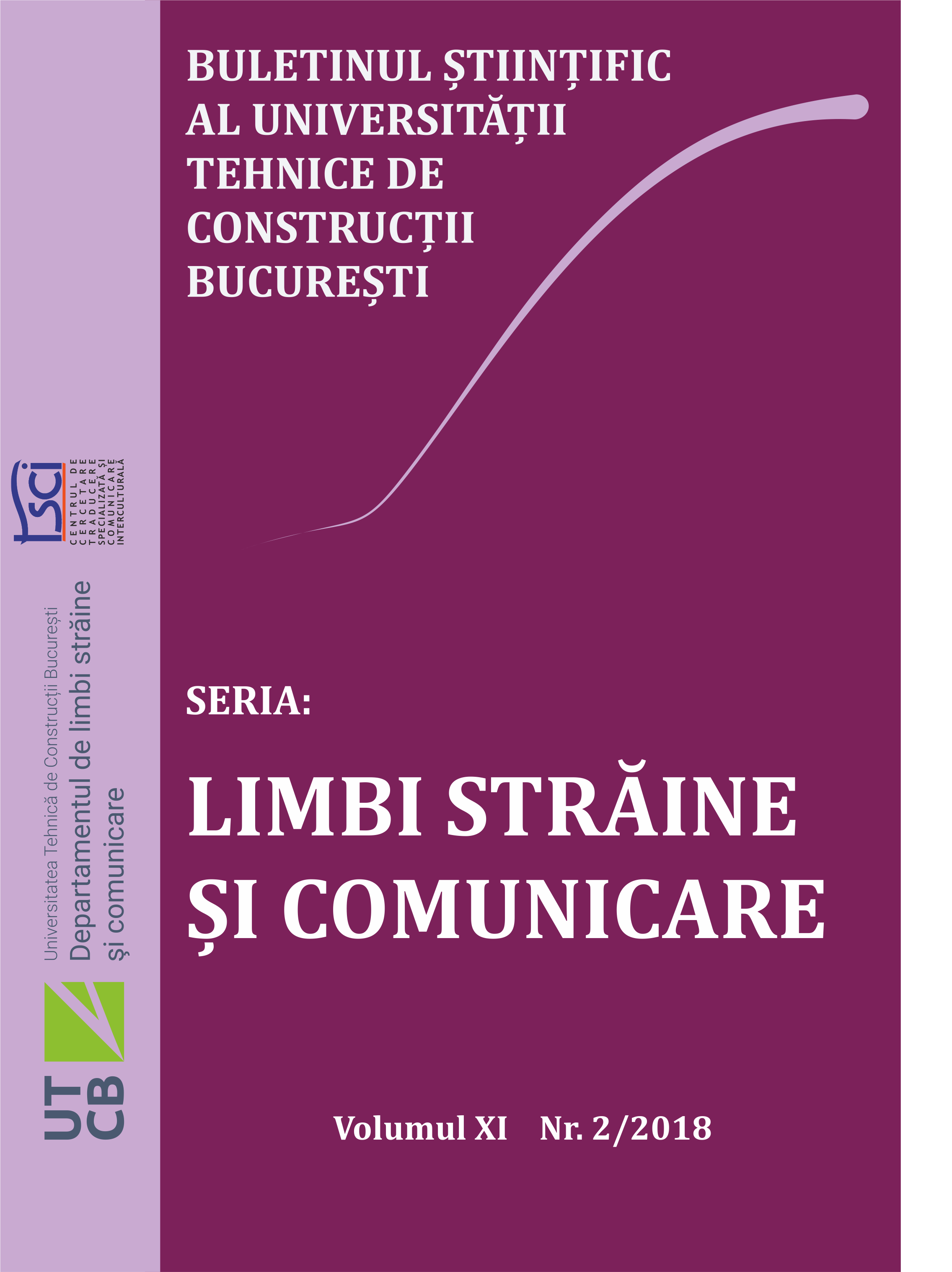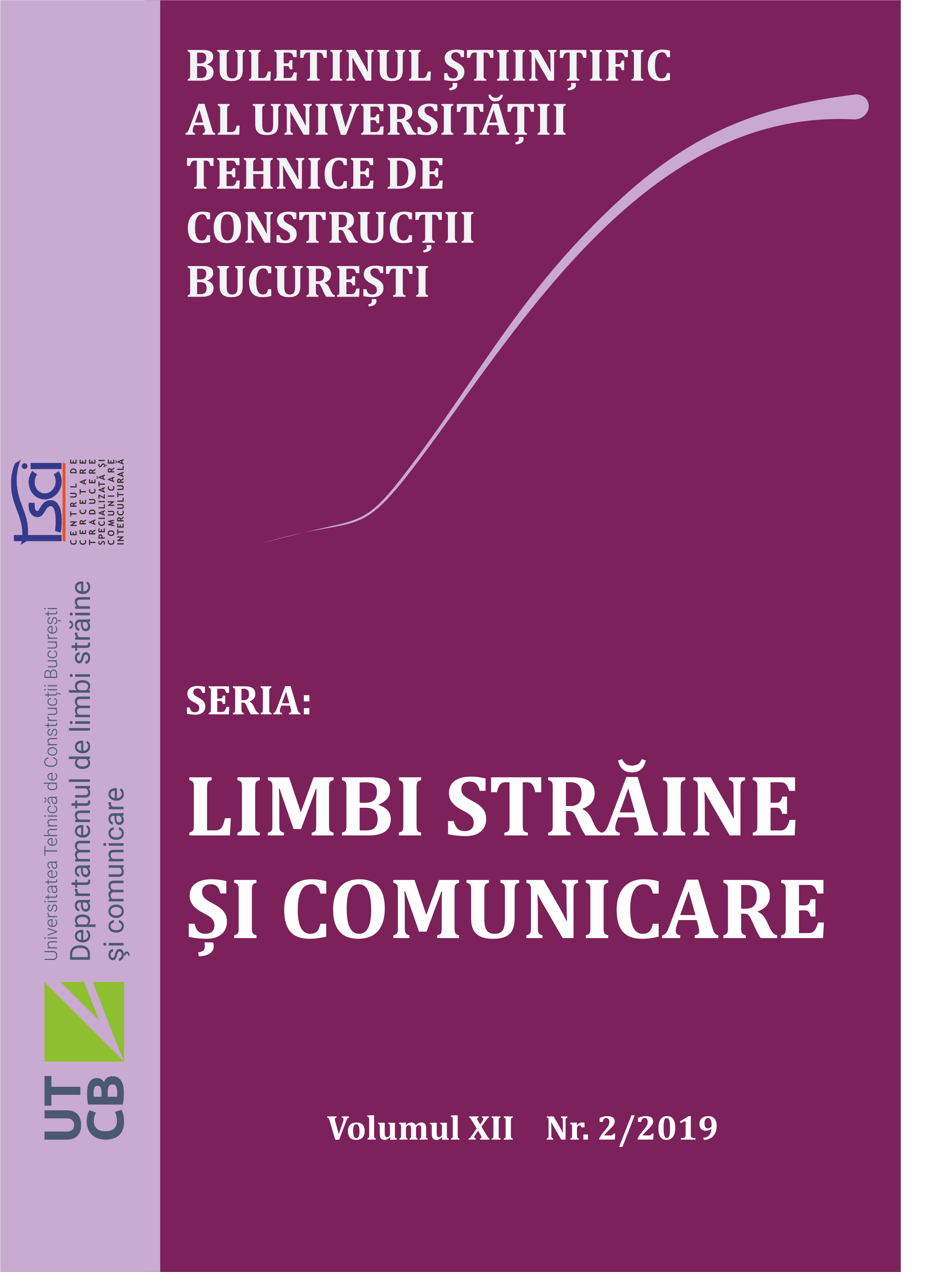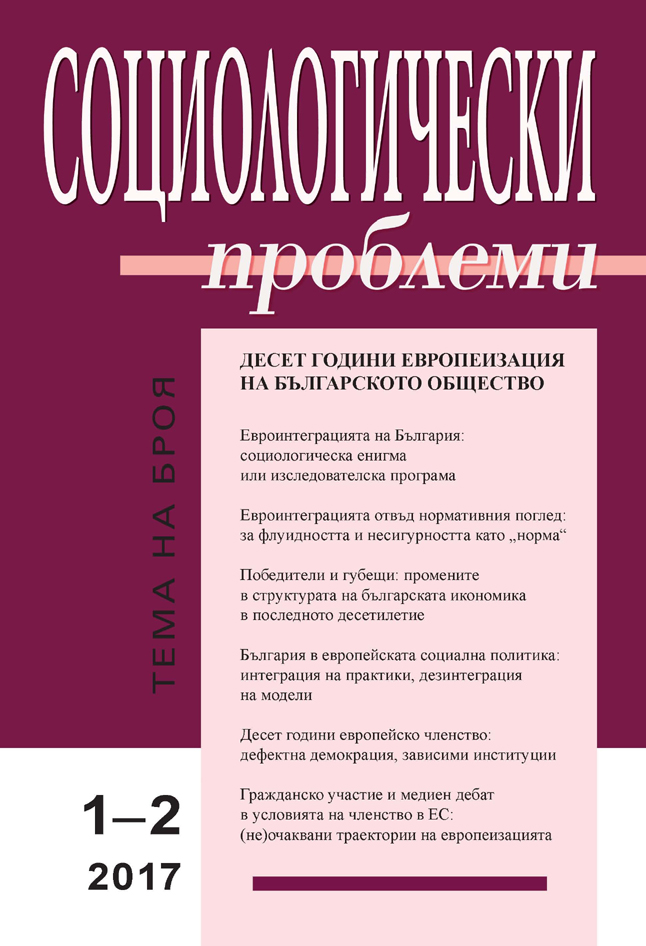
Гражданско участие и медиен дебат в условията на членство в ЕС: (не)очаквани траектории на европеизацията
The accession of the ten countries of Central and Eastern Europe to the European Union has unanimously been pronounced by political and economic researchers as the most significant success of European integration in the field of foreign policy. Nevertheless, the escalation of the problems in the fights against corruption and in the reform of the judiciary system in countries like Bulgaria (but also Hungary and Poland) puts into question the argument of the mainstream theories about a gradual and irreversible process of Europeanization as a result of EU accession. The recent process of Brexit and the reactions to the refugee crisis in some Member States also show that Europeanization can be problematized even beyond the Central and Eastern European context. The academic discussion needs to continue to search an answer to the questions as follows: what is the role of EU membership as regards the quality of democracy and governance, under what conditions are informal rules and cultural norms adopted in an accession country, and are there any perspectives when conditionality policy loses its effectiveness. This paper is a small step in this direction. It aims to outline the trends of development of the civic and media debate in Bulgaria in the context of EU membership as the basis for problematizing our understanding of the Europeanisation process. It does not seek a solution but rather systematizes questions regarding the preconditions for low representativeness of the civil sector, low effectiveness of the engaged civic action, limited public debate and deteriorating media environment in Bulgaria, ten years after EU accession.
More...
